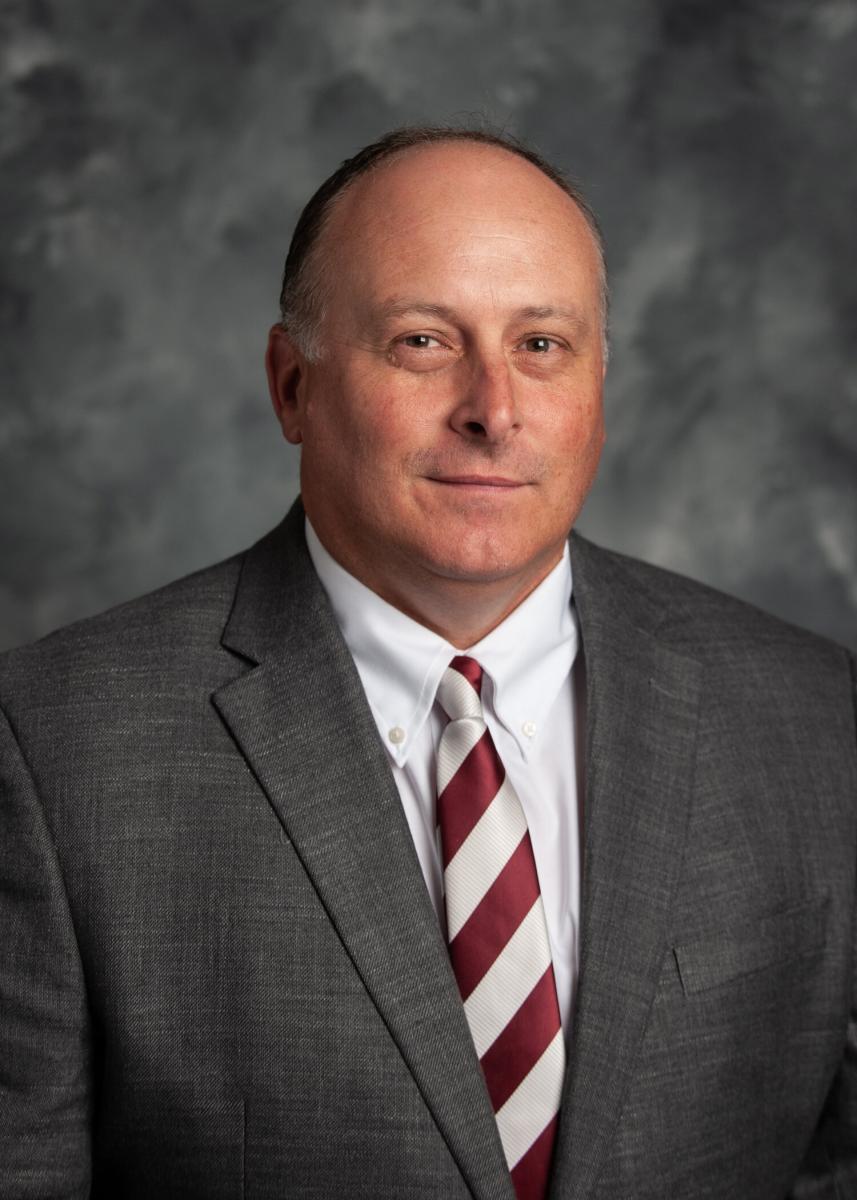Preserving Wood—and Rural Mississippi
Story by Greta Allen
Photos provided by Agriculture and Natural Resources Marketing
Dr. Kevin Ragon’s research in wood preservation is making a direct impact on Mississippi’s rural economy—supporting small-town industries, creating jobs, and preparing the next generation of forestry professionals.
As an assistant extension professor in Mississippi State University’s Department of Sustainable Bioproducts, Ragon’s work strengthens a critical sector of Mississippi’s economy: the wood preservation industry. His efforts support not only technical innovation but also workforce training that sustains families and communities across the state.
“I am trained in forestry, environmental science, and chemistry; Forest Products is an area where our natural resources are managed in a responsible way, creating jobs and bolstering Mississippi’s economy through our great people in rural communities,” Ragon said.
In places like Neshoba County, wood preservation serves as a cornerstone for economic stability. “If you look inside of Neshoba County, you can see there's not a lot of industry nearby. But the industry that is there is very powerful,” he said.
Through extension and outreach programs, Ragon provides training and support to wood treaters, quality control experts, engineers, and suppliers—helping them produce key products such as utility poles, pilings, and crossarms. His work also connects Mississippi professionals with national experts in wood care and sustainable bioproducts.
“I assist pest control professionals, real estate professionals, and homeowners with questions concerning wood care around households. I also help sawmill and composite manufacturers with employee training, technical issues, and networking,” said Ragon.
Looking ahead, Ragon is focused on growing the talent pipeline by reaching young people in Mississippi’s rural schools—students he sees as the future of sustainable forestry. “These rural kids are the most resilient problem-solving researchers and are the life of our university and industry,” he said. “Once they find the Department of Sustainable Bioproducts, they thrive and later become CEOs and entrepreneurs.”
With deep Mississippi roots and a commitment to applied science, Ragon’s work ensures that the preservation of wood is also the preservation of livelihoods and community resilience.


